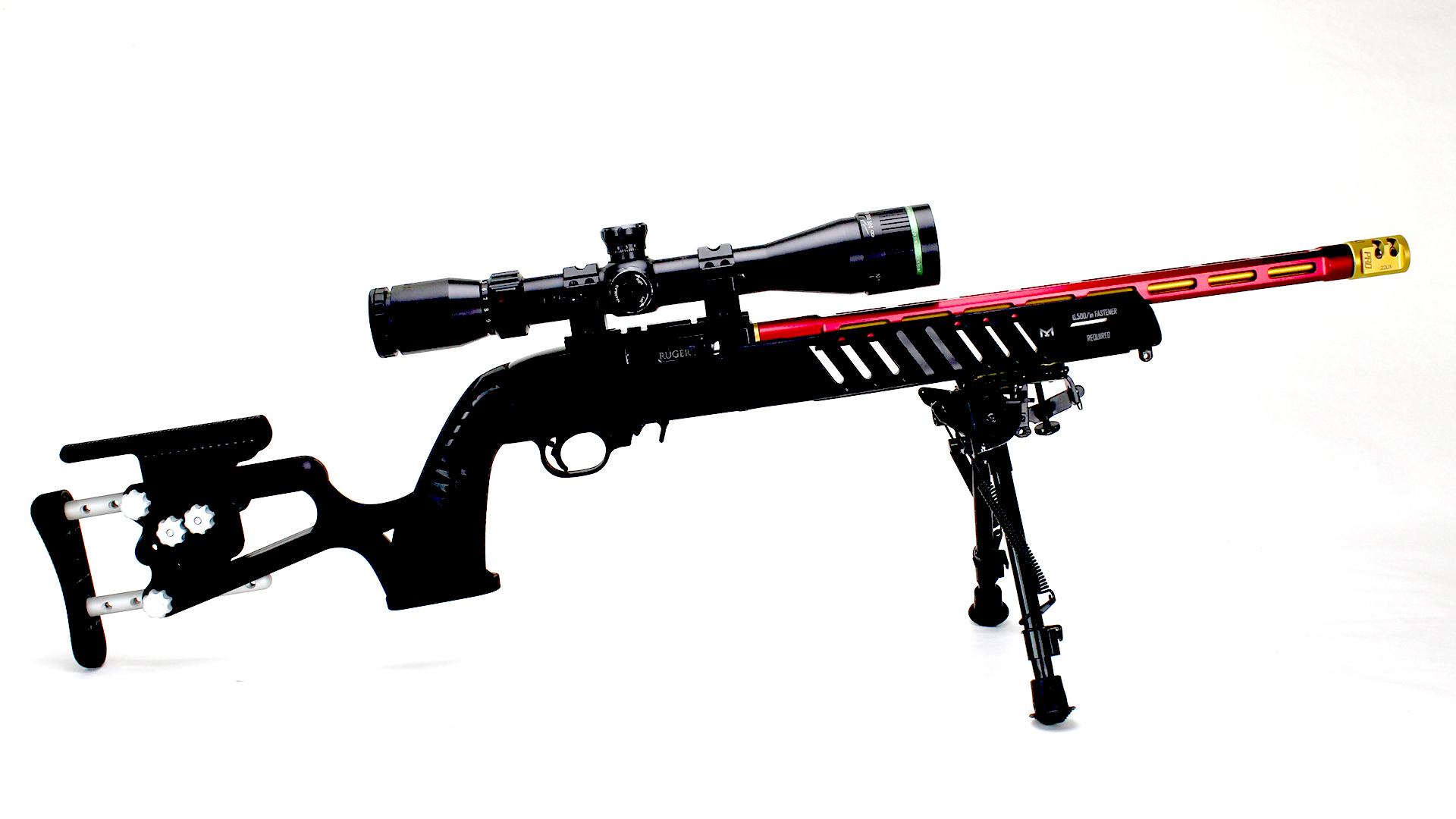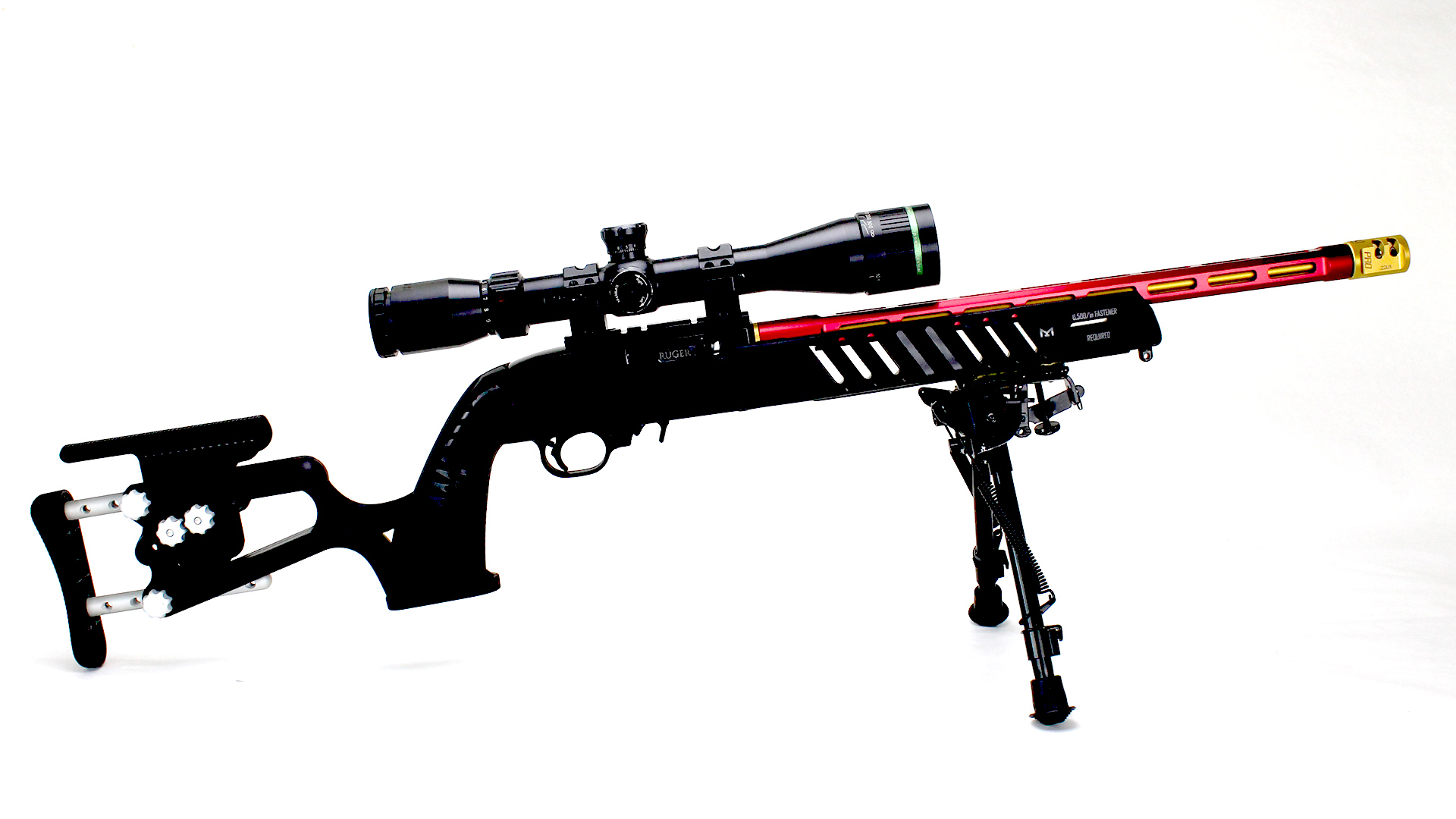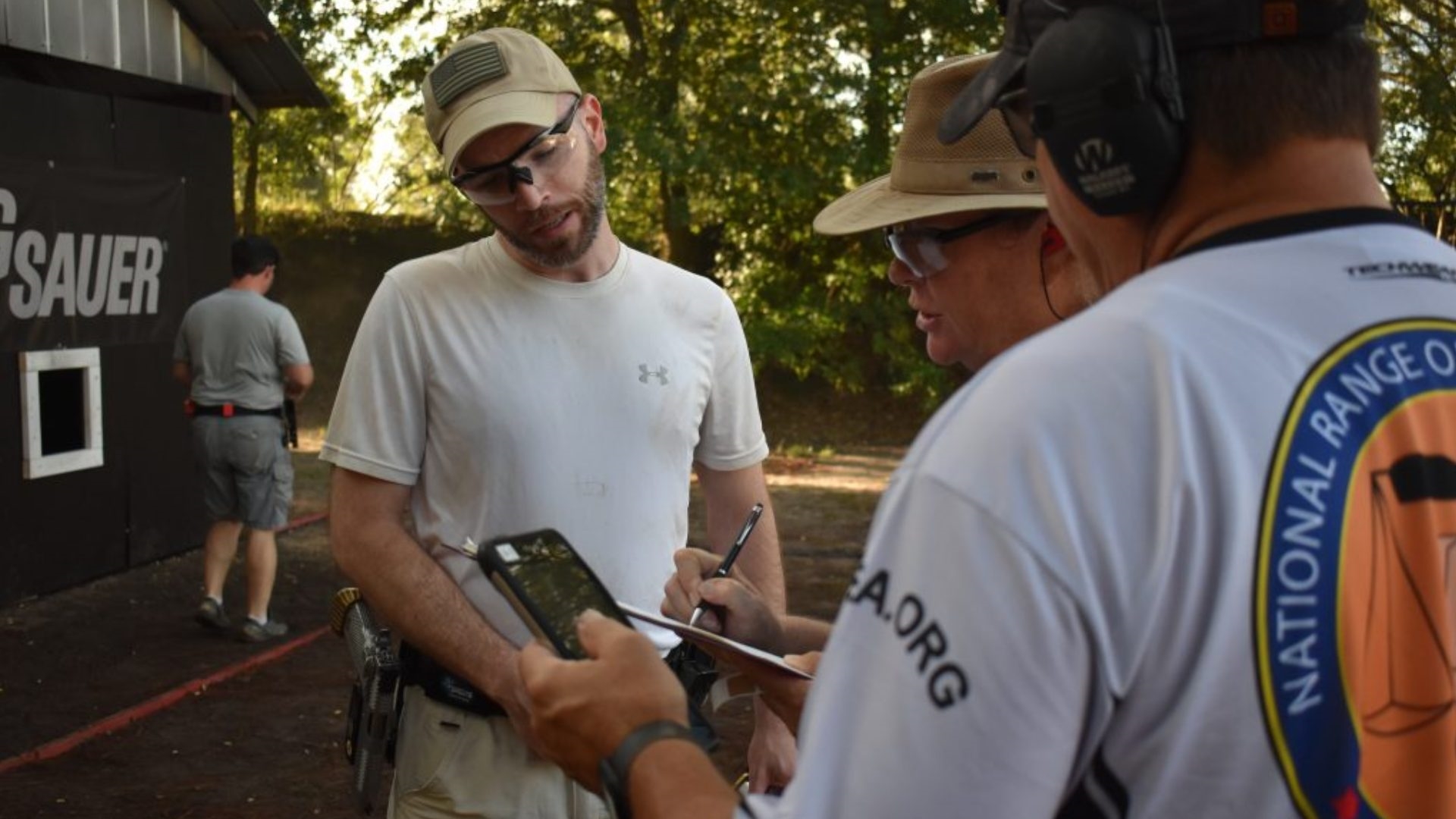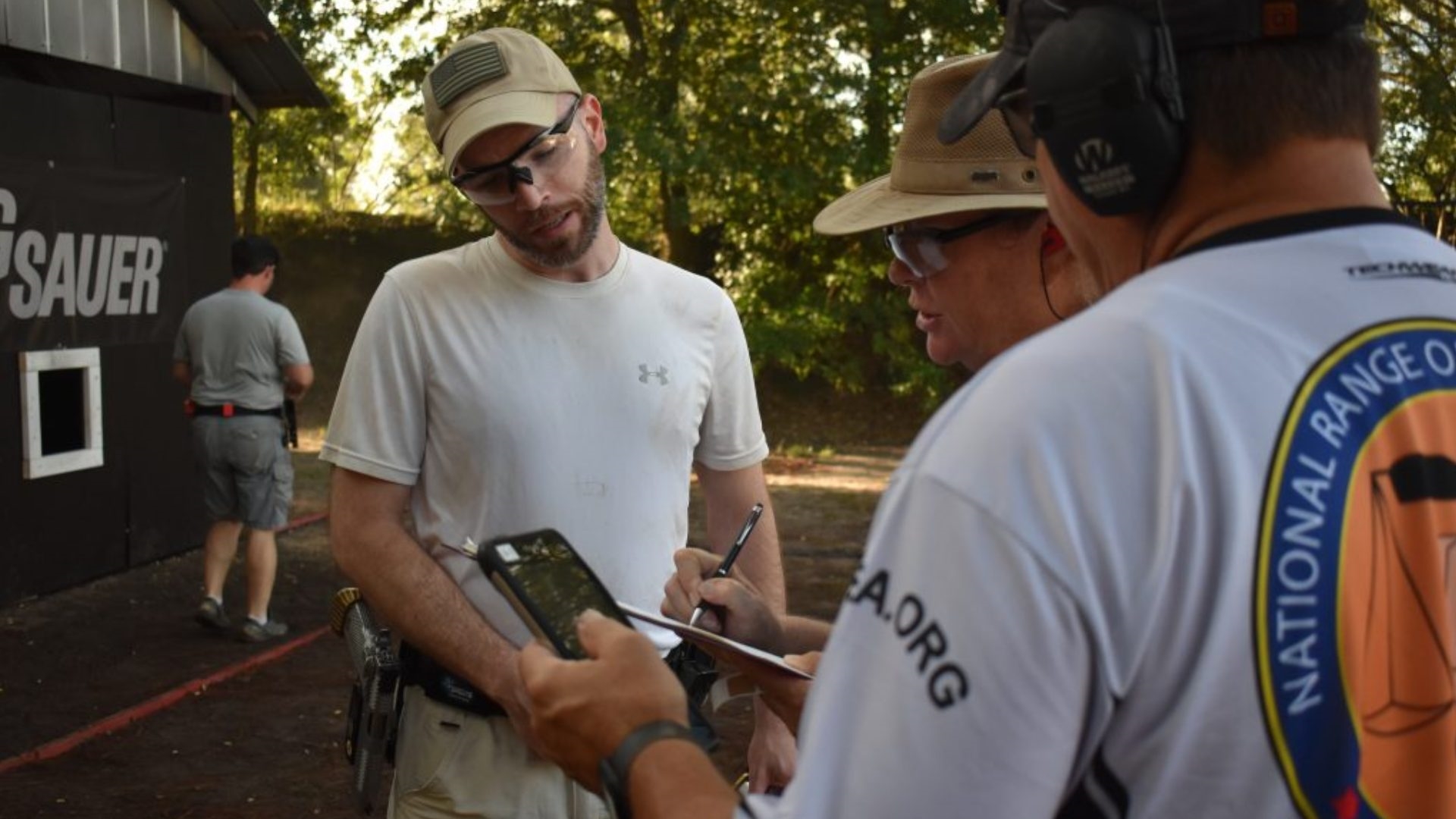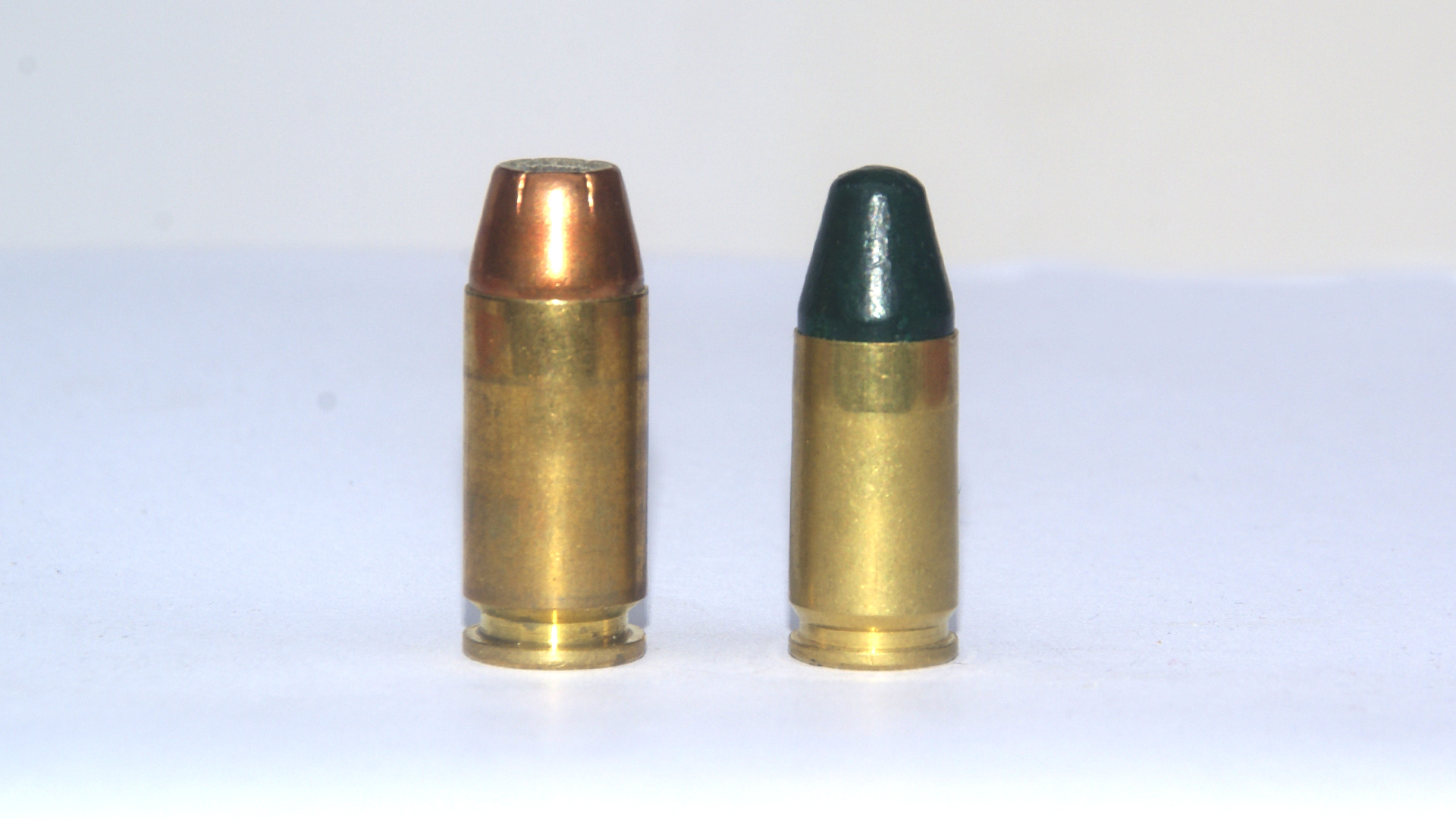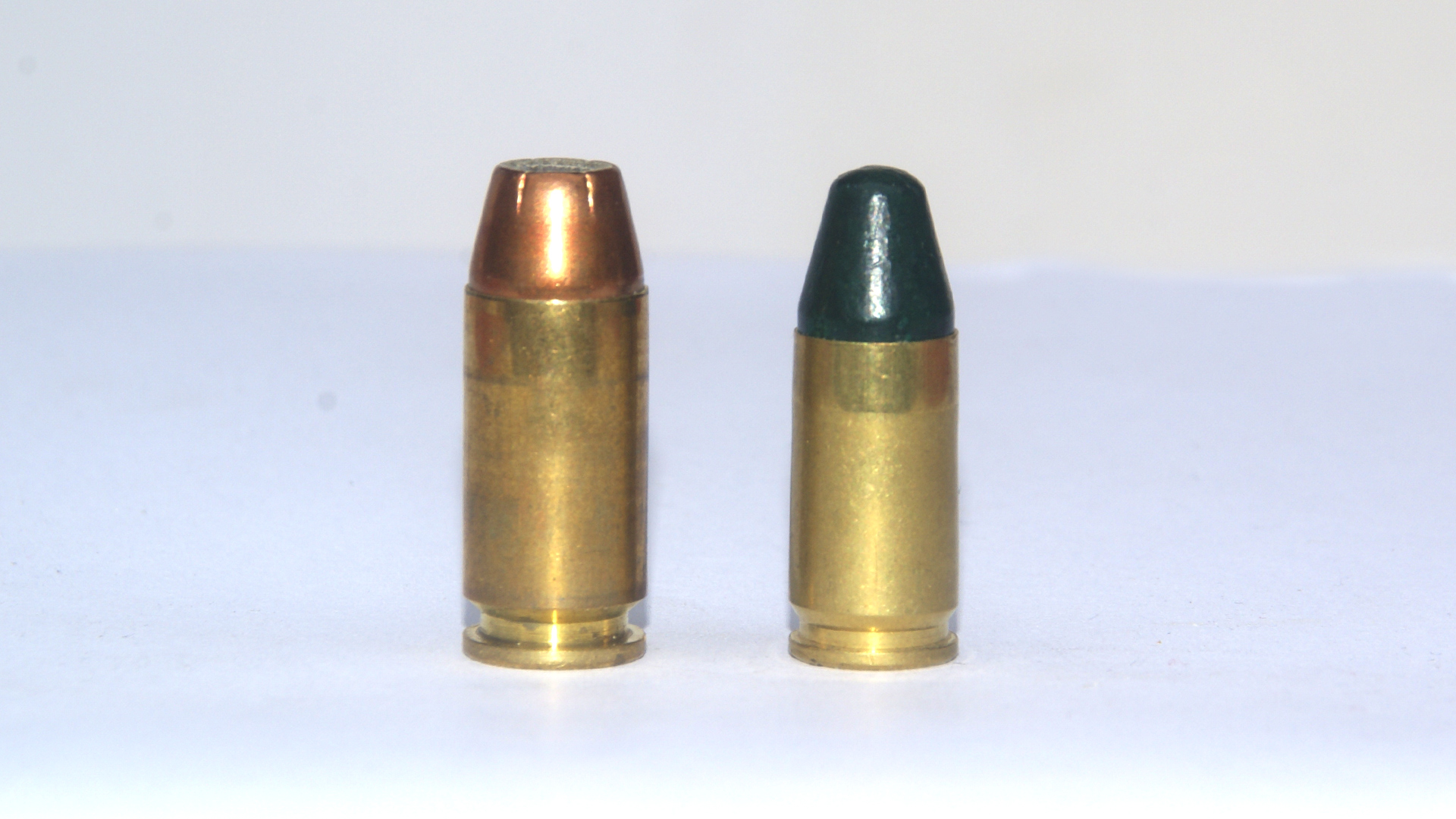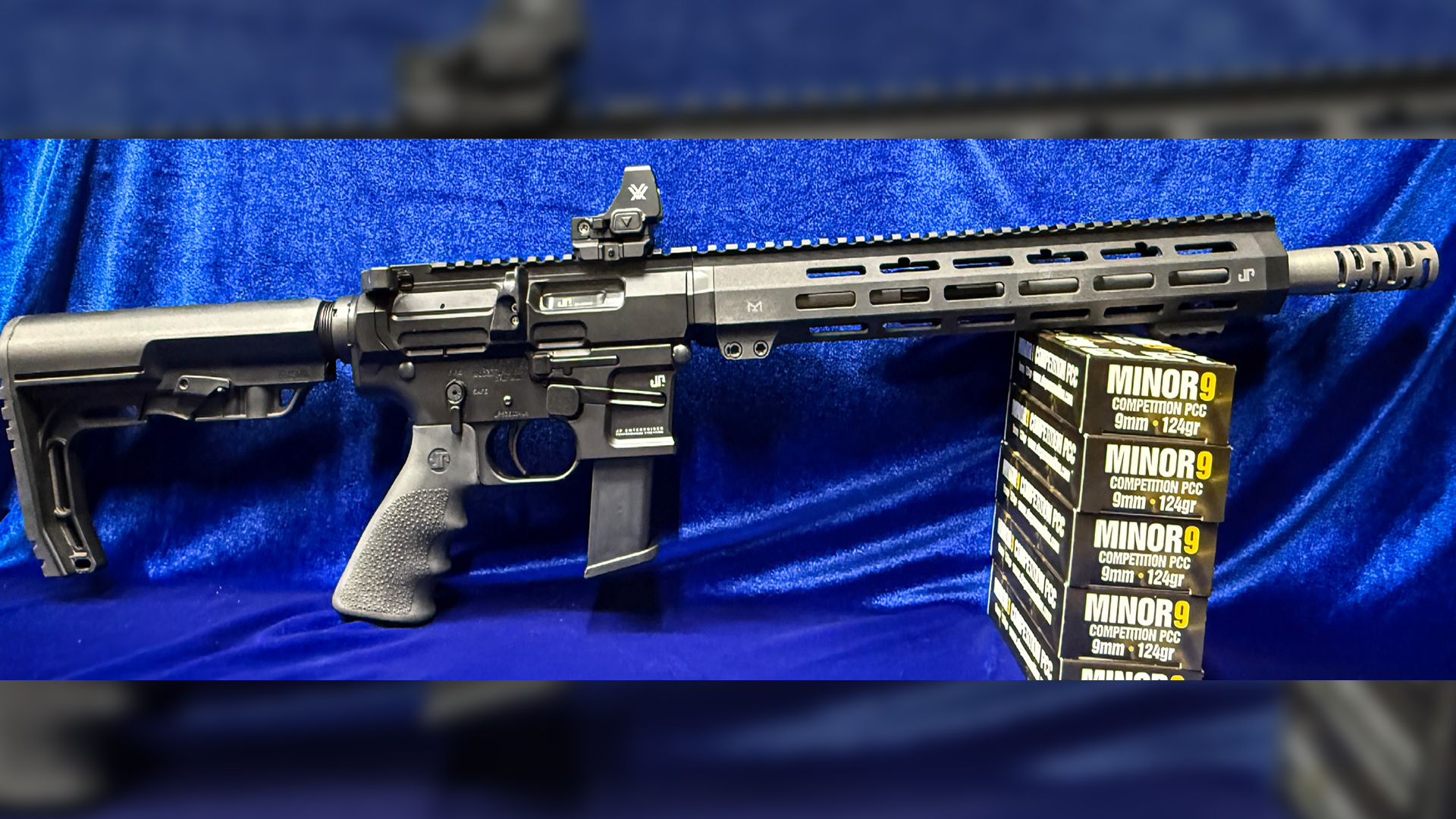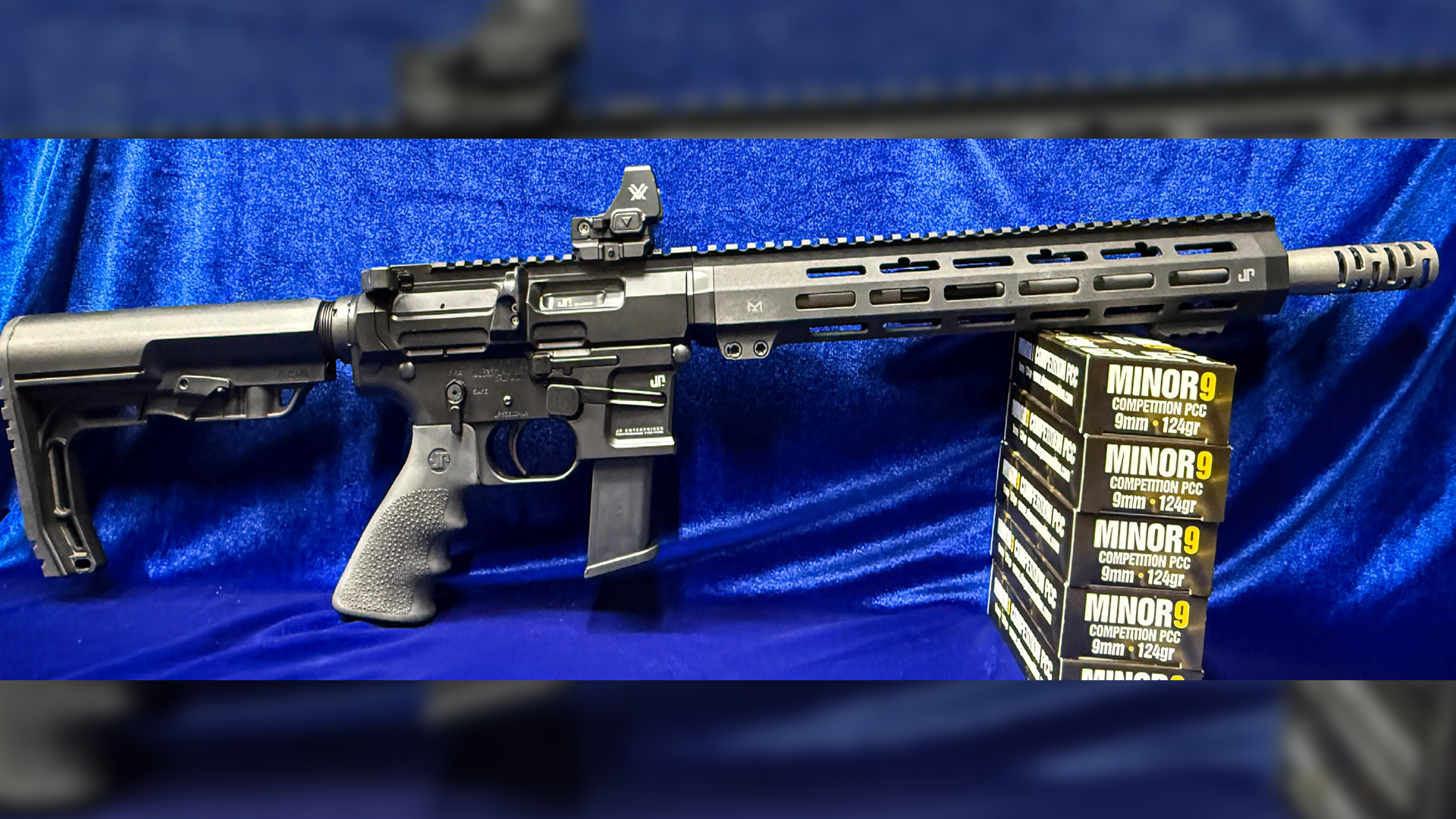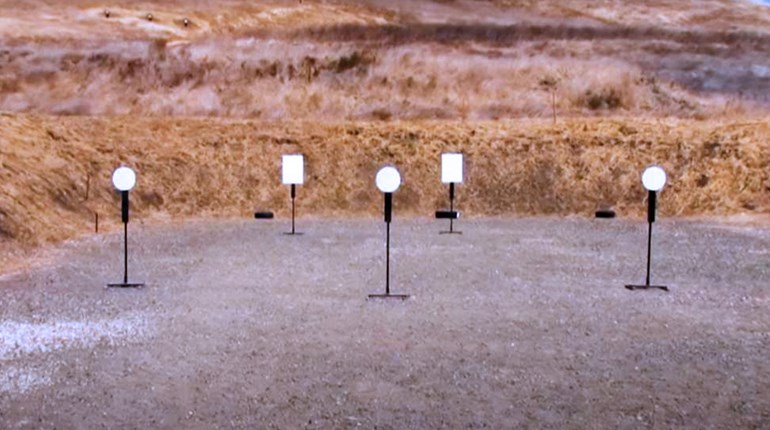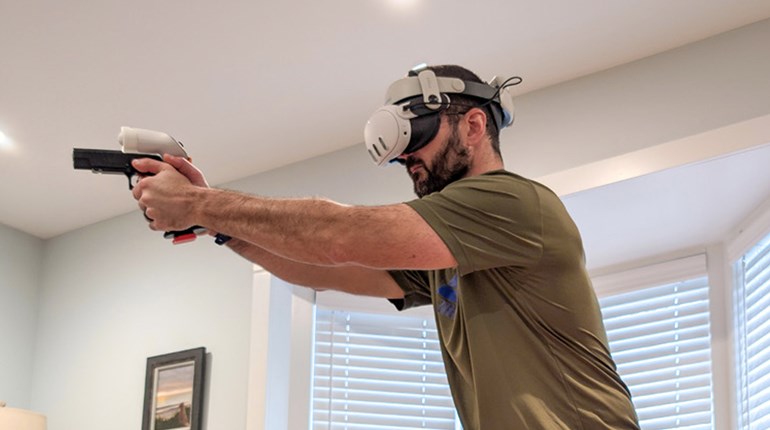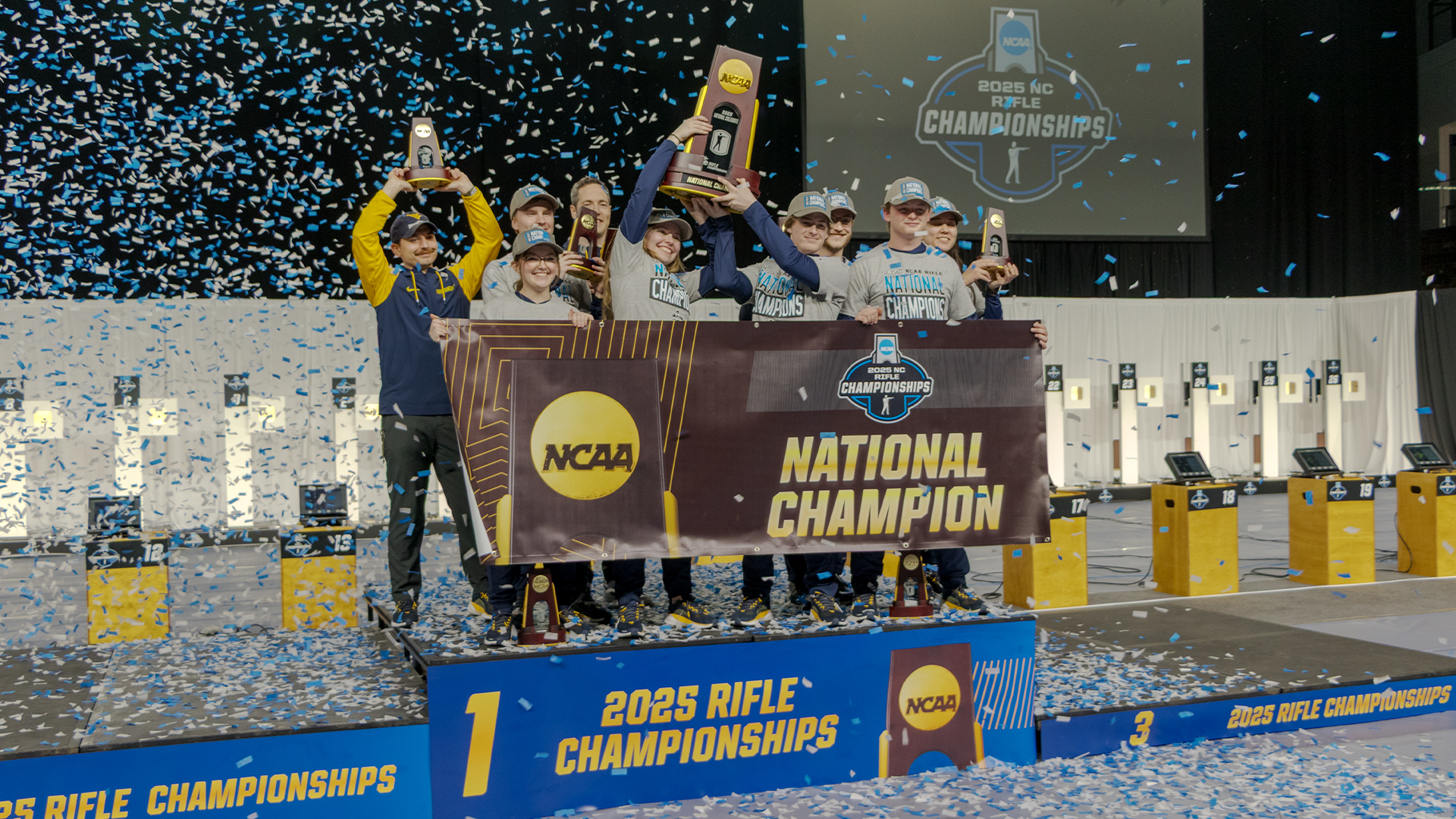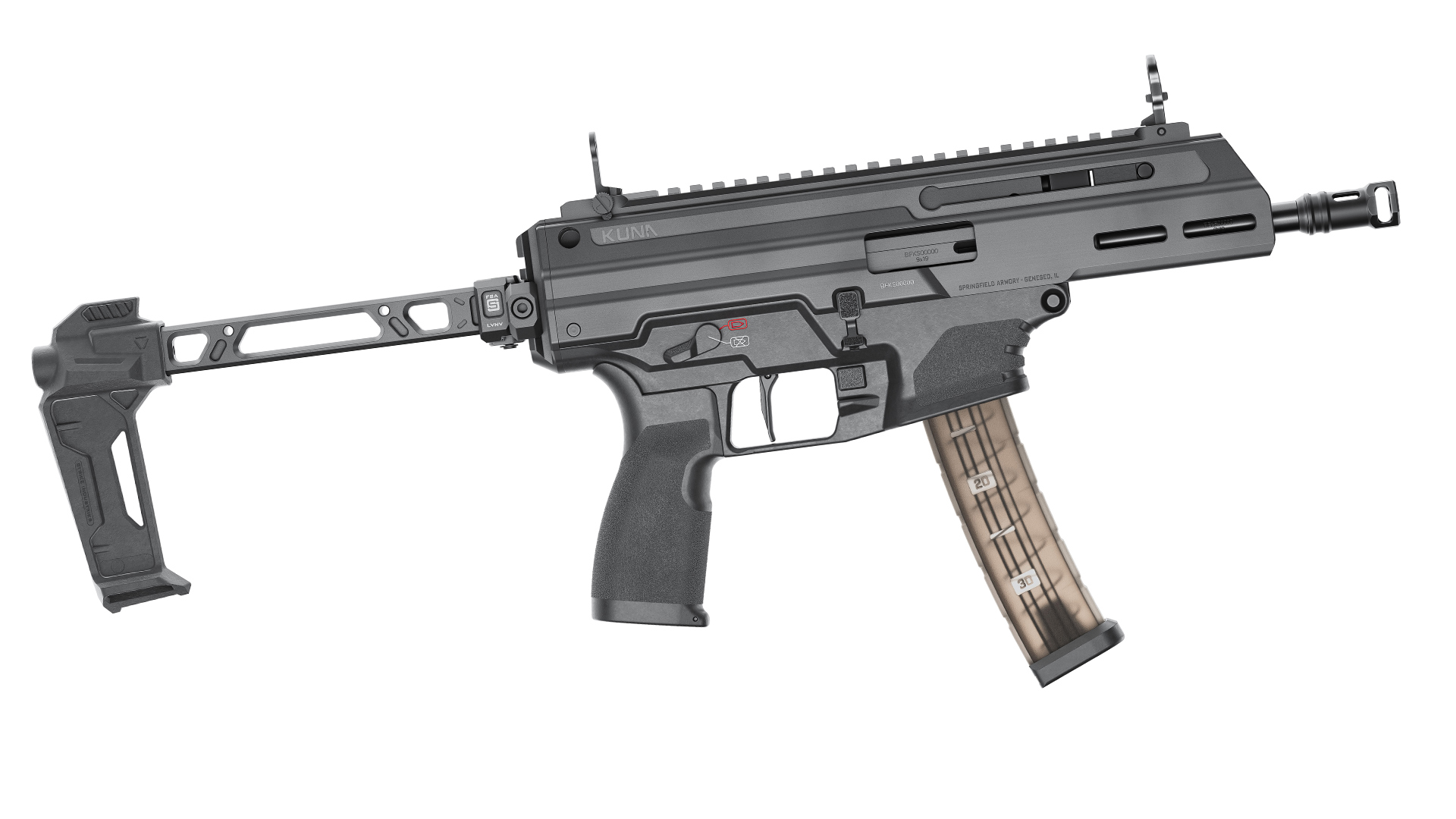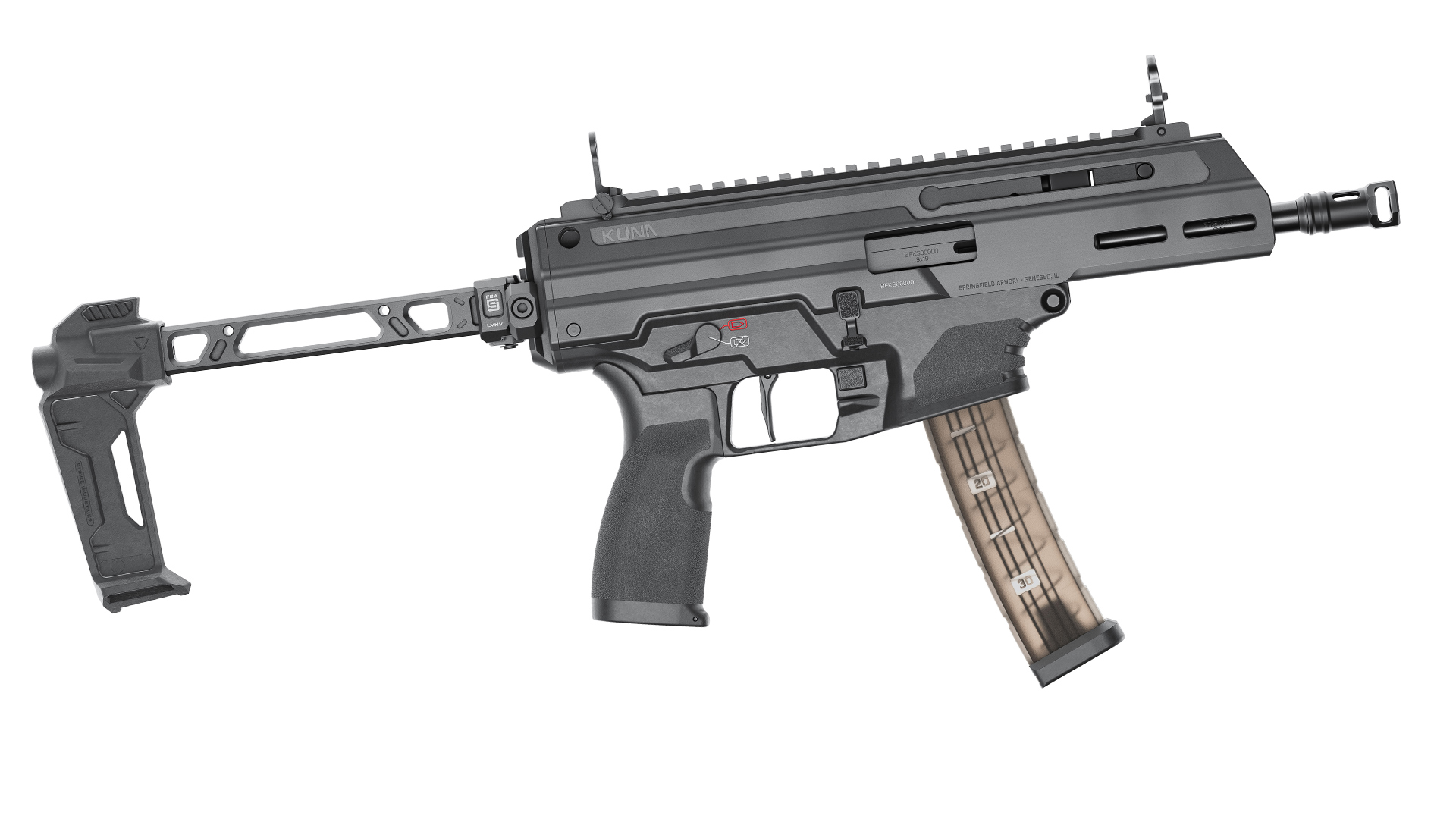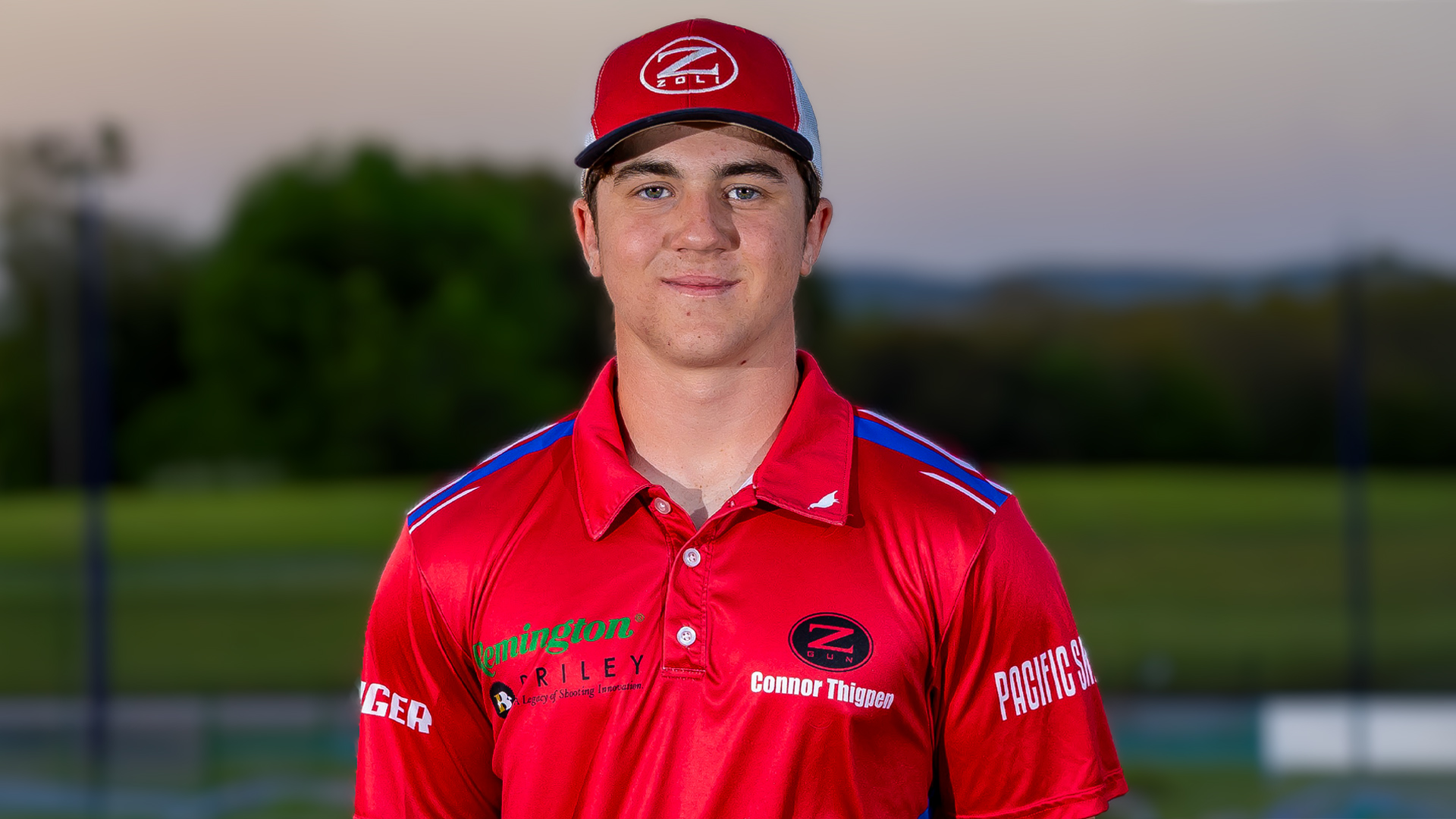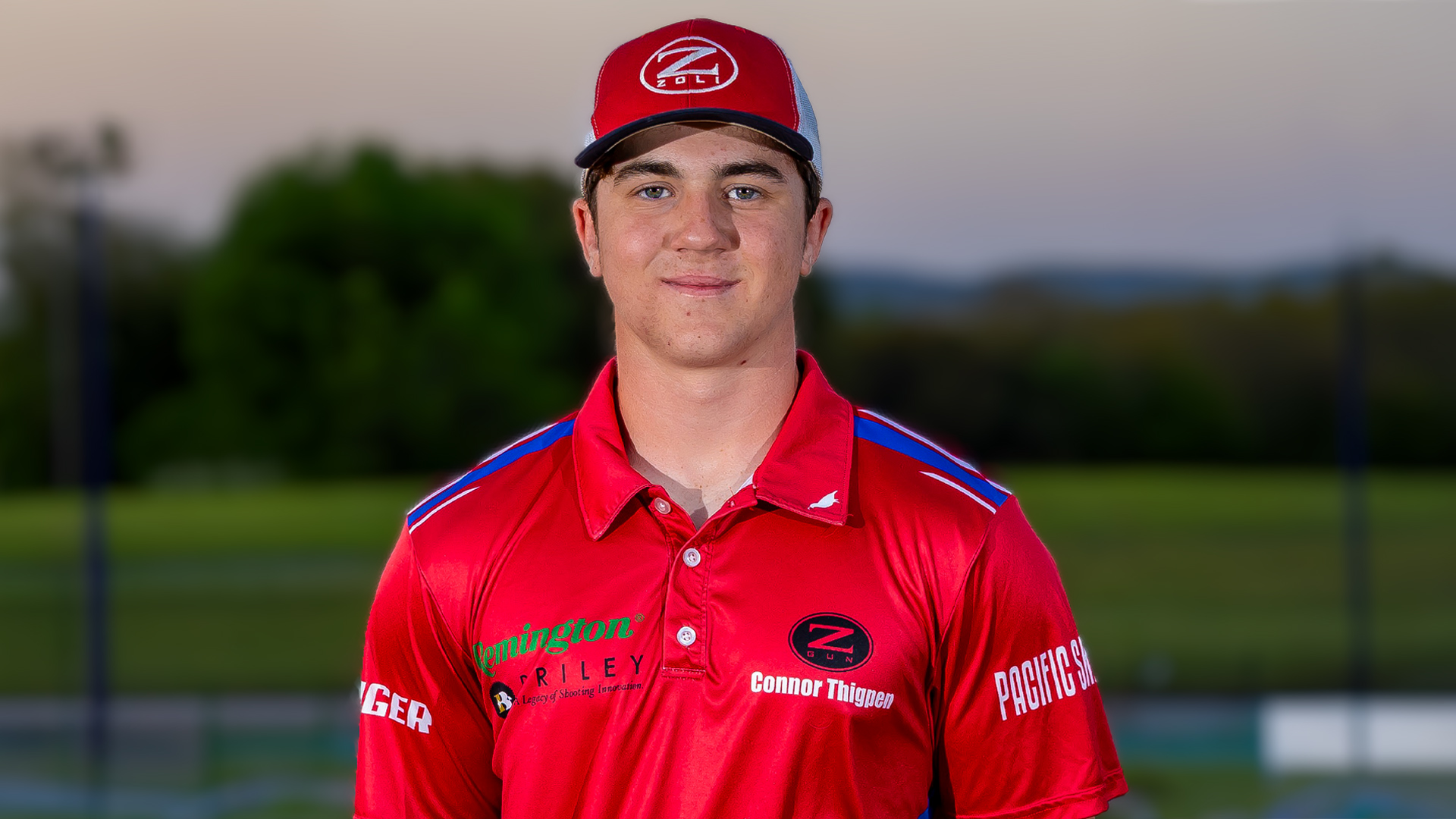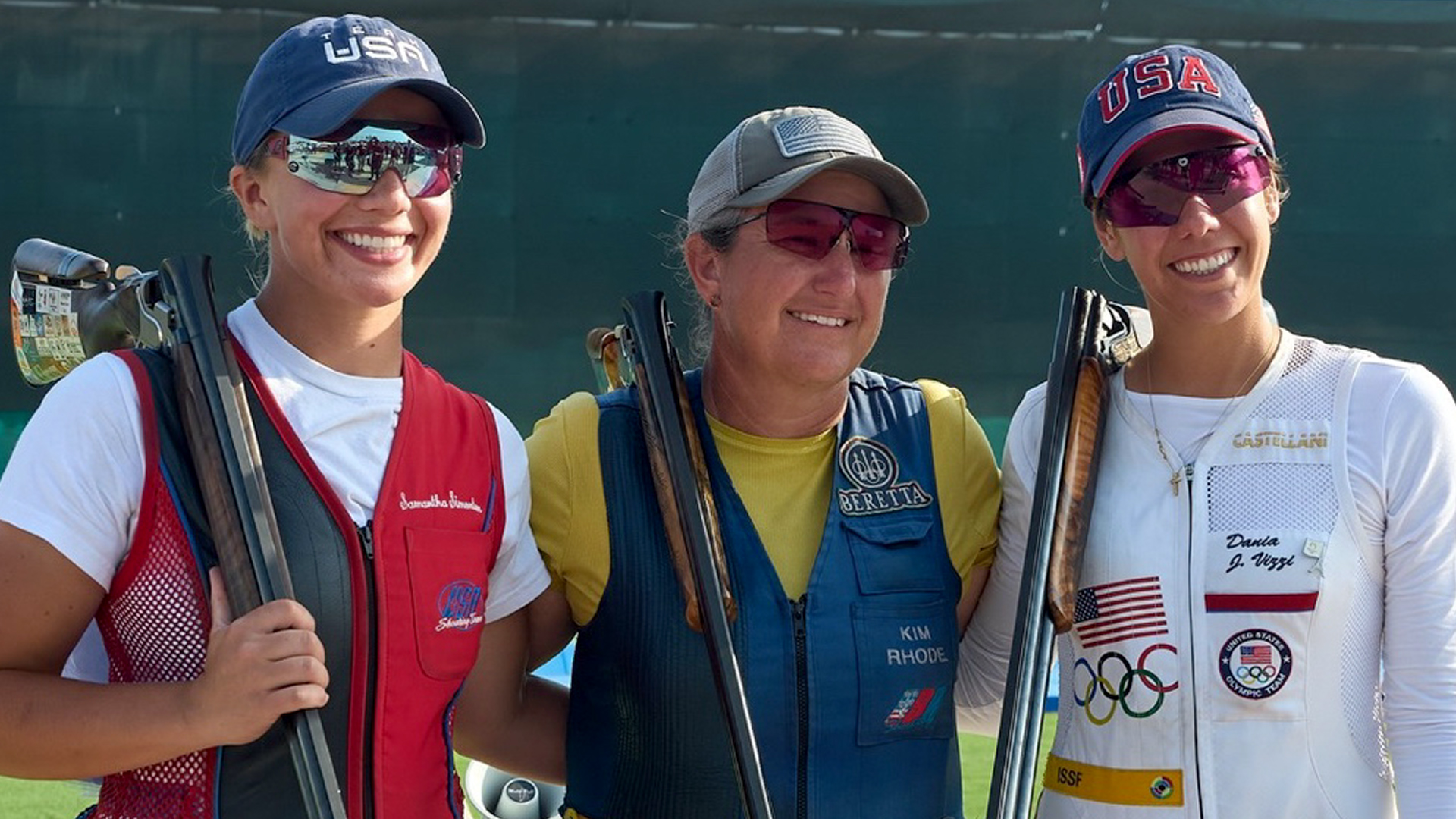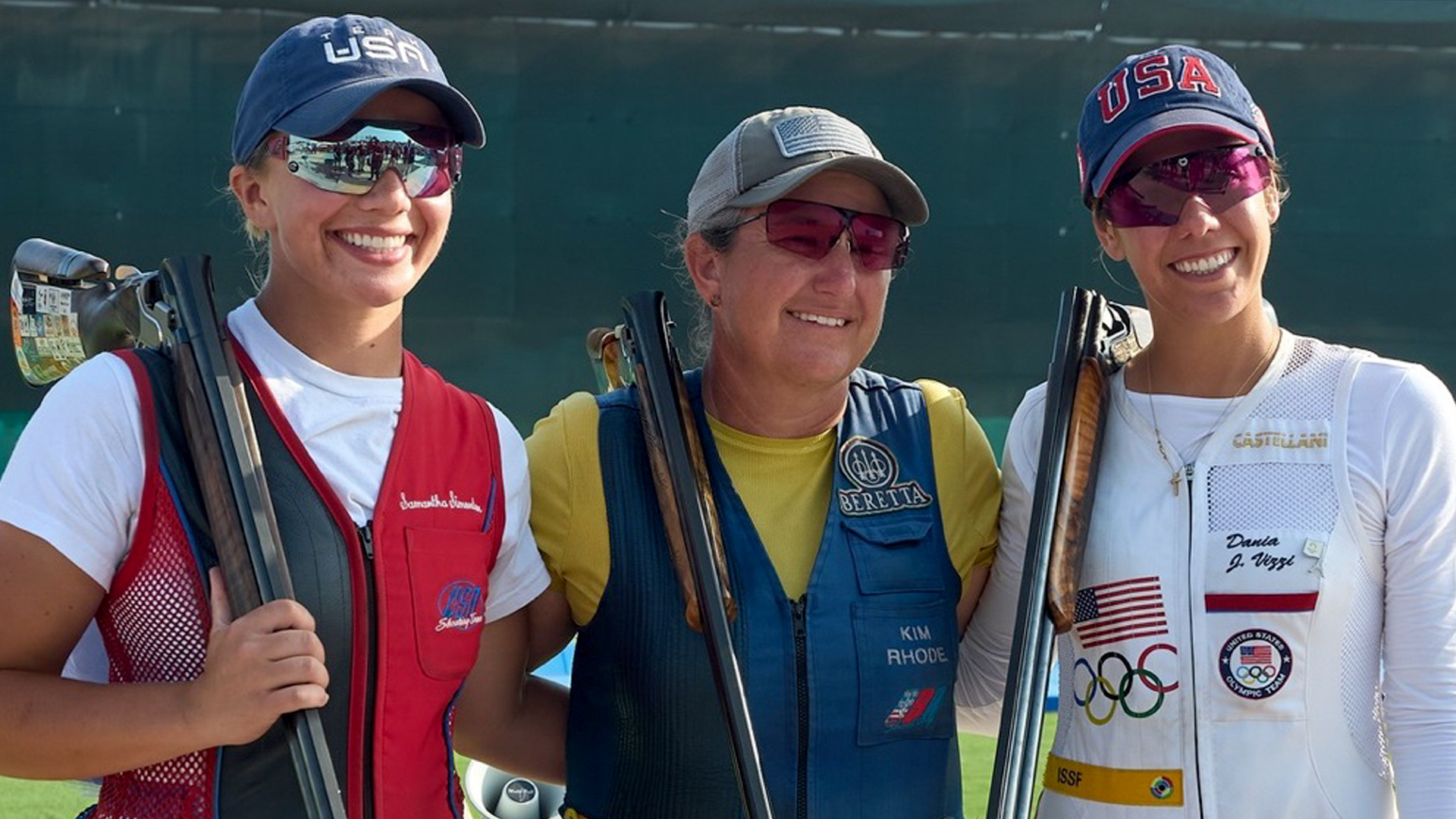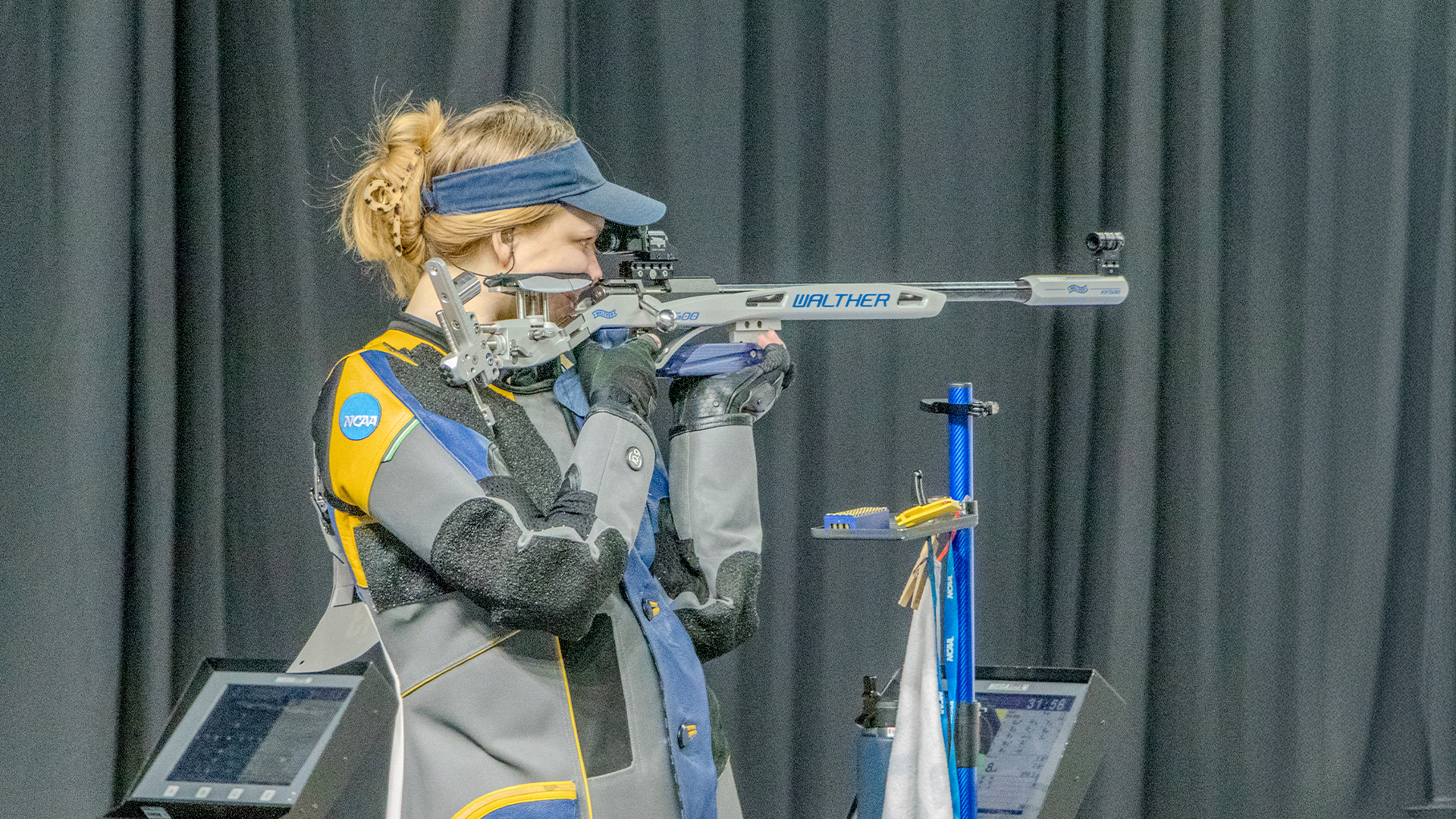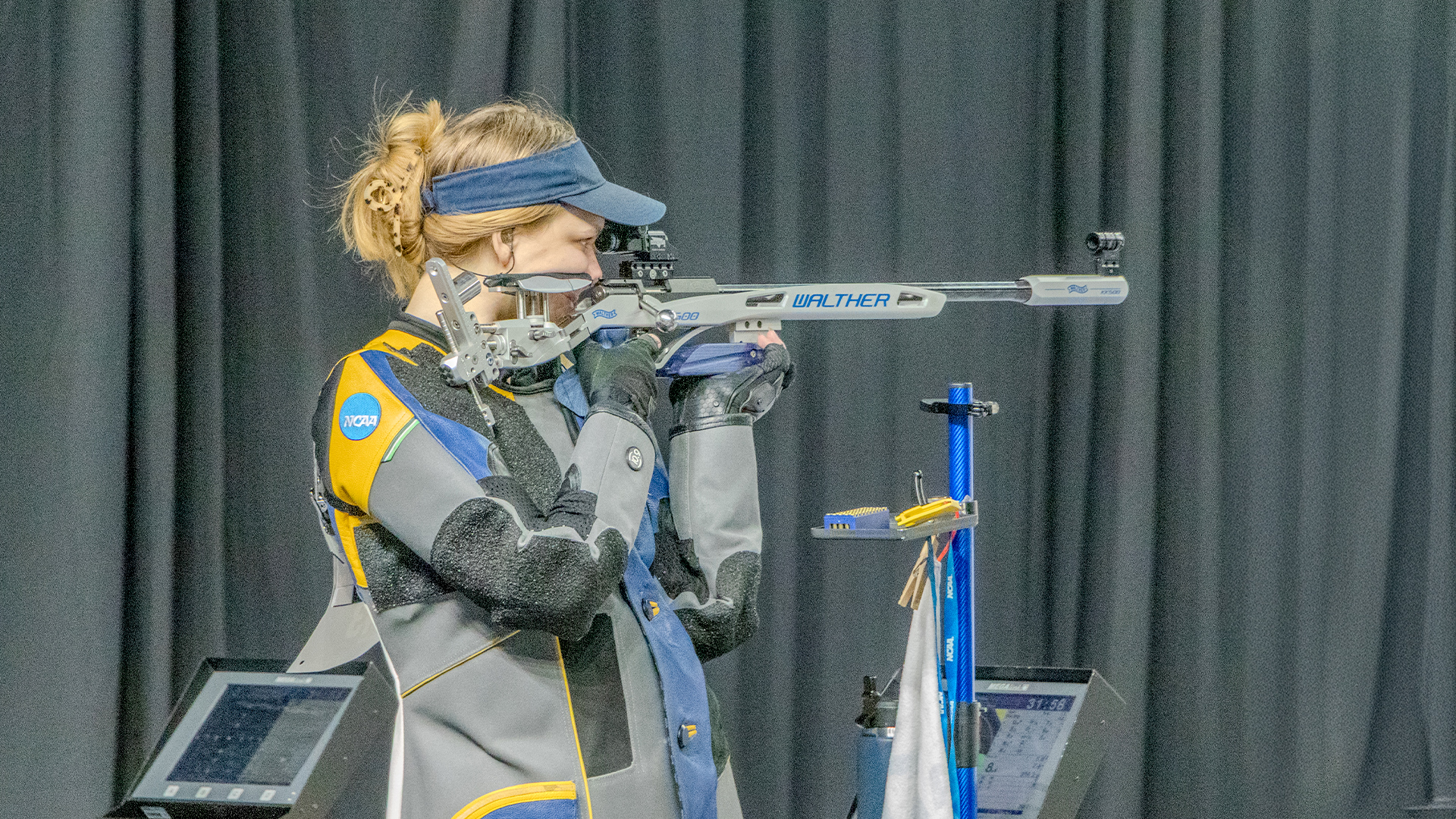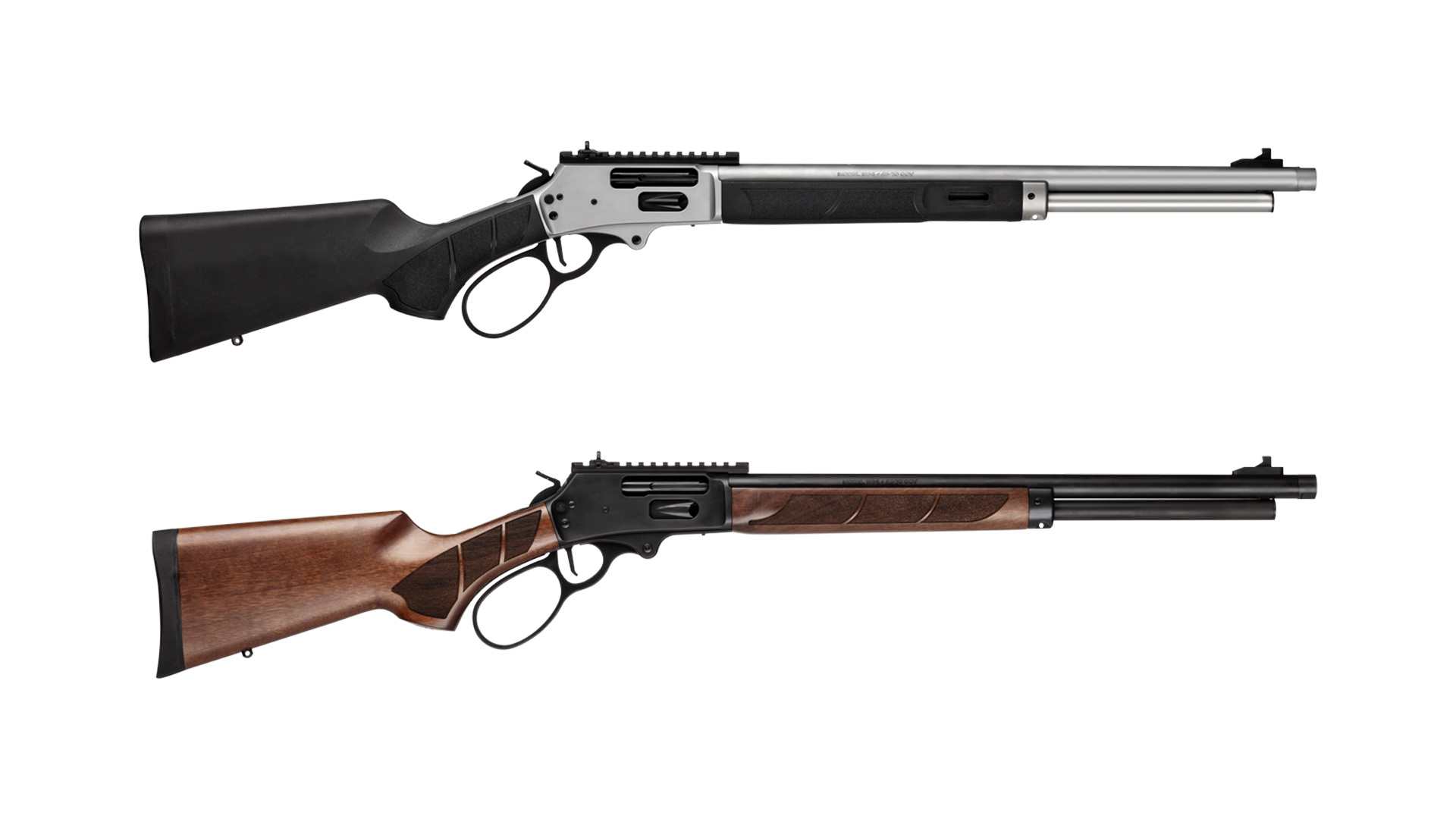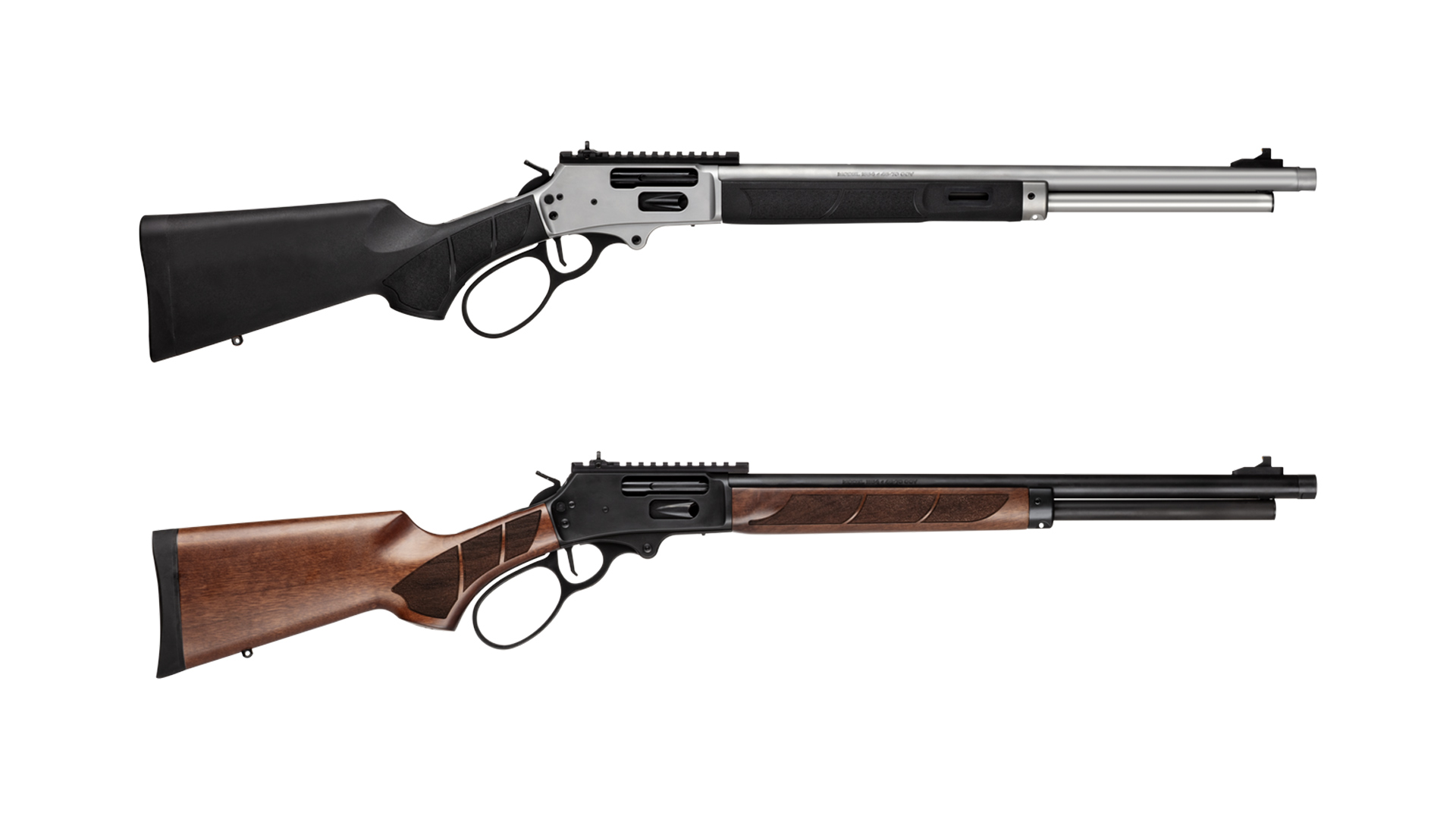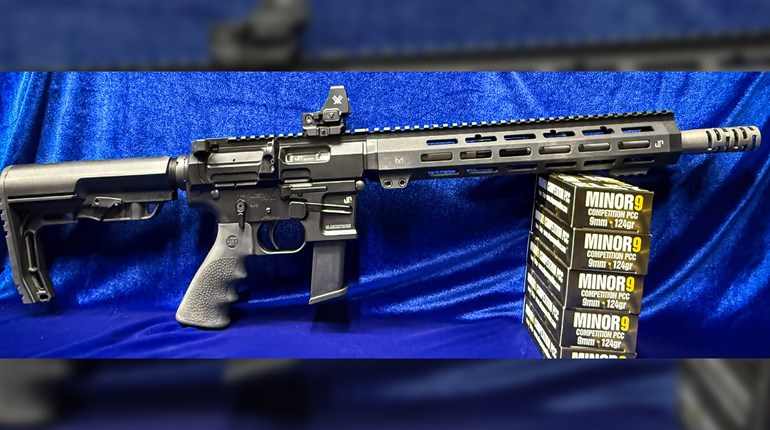
Going to your first match in any new shooting discipline is bound to be stressful. Here are a few of my recommendations to reduce the anxiety level, shoot better and have more fun.
1. Get There Early
There's nothing worse than rushing to get to a match. If you show up just in the nick of time—or even late—and are just getting set up while everyone else is ready to shoot, you'll start the match with a stomach twisted in knots. If you get to the match early, you'll get registered, set up all your stuff and still have time to check out the range, watch the wind flags and focus on the task at hand.
2. Be Prepared
Shooting is fun, but half of the difficulty for anyone going to their first match of any kind is dealing with anxiety—the dread of the unknown, of doing poorly, of looking like a fool or of forgetting something important. Being prepared will help reduce anxiety. Make lists of what you need to do or bring. Take extra ammo, an extra scope, tools and whatever else to provide the comfort of feeling ready for anything. Being prepared also means not leaving things until the last moment (which relates to recommendation No. 1).
3. Have a Routine
Developing a routing for every phase of your shooting will reduce your anxiety, help you focus on the match and promote shooting consistency. Come up with a shot sequence—a list of actions you take to fire each shot. A typical shot sequence (also known as "shot process") might be something like this (modeled on my F-Class shooting routine):
4. Shoot Each Shot
Concentrate on each shot at the moment you're shooting it. If you have a bad shot—and you will—don't dwell on it. Learn from it—learn what you can do to make a better shot—but then let it go and focus on the shot you're about to fire.
5. Don't Worry About Your Score
Although you're shooting for a score, you shouldn't be thinking about that while you're shooting. Worrying about how many points you're way from shooting clean, or how far you are behind your shooting buddy will only take your focus away from the shot you're about to take at that moment.
1. Get There Early
There's nothing worse than rushing to get to a match. If you show up just in the nick of time—or even late—and are just getting set up while everyone else is ready to shoot, you'll start the match with a stomach twisted in knots. If you get to the match early, you'll get registered, set up all your stuff and still have time to check out the range, watch the wind flags and focus on the task at hand.
2. Be Prepared
Shooting is fun, but half of the difficulty for anyone going to their first match of any kind is dealing with anxiety—the dread of the unknown, of doing poorly, of looking like a fool or of forgetting something important. Being prepared will help reduce anxiety. Make lists of what you need to do or bring. Take extra ammo, an extra scope, tools and whatever else to provide the comfort of feeling ready for anything. Being prepared also means not leaving things until the last moment (which relates to recommendation No. 1).
3. Have a Routine
Developing a routing for every phase of your shooting will reduce your anxiety, help you focus on the match and promote shooting consistency. Come up with a shot sequence—a list of actions you take to fire each shot. A typical shot sequence (also known as "shot process") might be something like this (modeled on my F-Class shooting routine):
- With trigger finger off the trigger, chamber a fresh cartridge
- Push rifle forward against stop on tripod rest
- Adjust rear bag position so that it is uniform in relation to buttstock
- Roll onto left side
- Put buttpad into pocket of right shoulder
- Right elbow onto elbow pad
- Check alignment of scope and target, adjusting rest as necessary
- Check body alignment, leg and foot position
- Check pressure of buttpad into shoulder
- Check pressure and contact point of cheek on stock comb or cheekpiece
- Check wind flags and determine hold-off
- Align crosshair and target
- Trigger finger onto trigger
- Control breathing
- Squeeze trigger while maintaining sight alignment via pressure on the rear bag
- Fire the shot
- Follow through
- Open bolt and extract case
4. Shoot Each Shot
Concentrate on each shot at the moment you're shooting it. If you have a bad shot—and you will—don't dwell on it. Learn from it—learn what you can do to make a better shot—but then let it go and focus on the shot you're about to fire.
5. Don't Worry About Your Score
Although you're shooting for a score, you shouldn't be thinking about that while you're shooting. Worrying about how many points you're way from shooting clean, or how far you are behind your shooting buddy will only take your focus away from the shot you're about to take at that moment.

